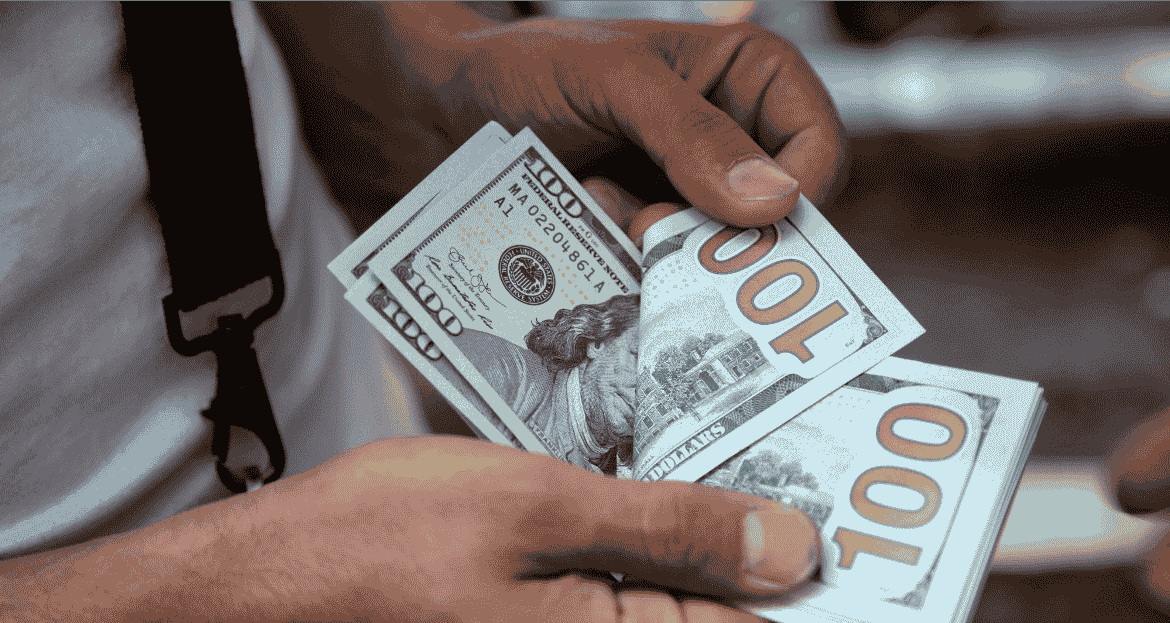
As part of this year’s Dirty Dozen, the IRS is once again issuing warnings regarding phishing and smishing scams.
The Dirty Dozen is a yearly compilation of the most popular tax frauds. During tax season, when many people are preparing returns or paying others to do so, a heightened number of people fall prey to these frauds.
IRS Dirty Dozen List
The scams pose a threat of financial, personal, and other types of loss to taxpayers and tax professionals.
Phishing and smishing may sound like a good time, but the 90s grunge lover in me immediately thinks of moshing, but they are everything but. These are bogus messages acting as official notices from reputable organizations, sent with the intent to deceive you.
Particularly, phishing is a sort of email sent by crooks impersonating the IRS or another legitimate entity. The email entices victims by claiming to possess something of value, such as a bogus tax rebate, or by frightening them into believing they must act fast, such as by implying that they would soon face false criminal charges.
A recent example is a bogus email purporting to be from the IRS with the subject line indicating that it is a notification of unreported income. The email may contain an attachment or a link to a fraudulent website designed to resemble the IRS website and include a “tax statement.”
Scammers frequently employ scary wording, such as “Your account has been suspended” or “Unusual Activity Report” with a fraudulent link to recover your account. In the fall of 2016, the IRS received reports of smishing schemes such as bogus COVID-19 relief chances, tax credit frauds, and purported assistance with establishing an IRS online account.
“Email and text message scams are unrelenting, and con artists regularly use tax season to defraud people,” said IRS Commissioner Danny Werfel.
Scammers often pose as the IRS, a state tax agency, or others in the tax sector in emails and messages sent to individuals eager to receive the latest information on a tax return or other tax issue.
Especially around tax season, individuals should be extremely vigilant of unsolicited messages of this nature that may contain a trap.
Read more: Social Security check: Learn how to boost your income by $1,983!
How To Avoid Email, Text Scams?

The IRS cautions taxpayers that their initial contact with the agency will typically be via mail. Regarding tax bills or refunds, the IRS will never start communication with taxpayers via email, text message, or social media.
To protect yourself, if you receive an unsolicited email or text message purporting to be from the IRS:
- Do not reply. Any participation could put you at risk. Remember that this is how con artists make a life; their purpose is to convince you to hand over your personal information, so do not provide them with any extra opportunities.
- Avoid opening attachments. Even if they appear benign, they may include malware that can infect your computer or mobile device.
- Avoid clicking on links. Visit the IRS page on identity protection if you enter sensitive information after clicking on links in a questionable email or website.
- Remove the initial email or text message.
The Smartphone Security Checker provided by the Federal Communications Commission provides helpful advice.
It includes best practices for setting PINs and passwords, locating security apps, enabling remote locating and data wiping, and backing up and securing your data if your device is lost or stolen.
In addition, there is information on how to use public Wi-Fi networks safely and what to do if your phone is stolen.
Read more: Social Security update: Payment reductions of up to 20% may be coming soon!

